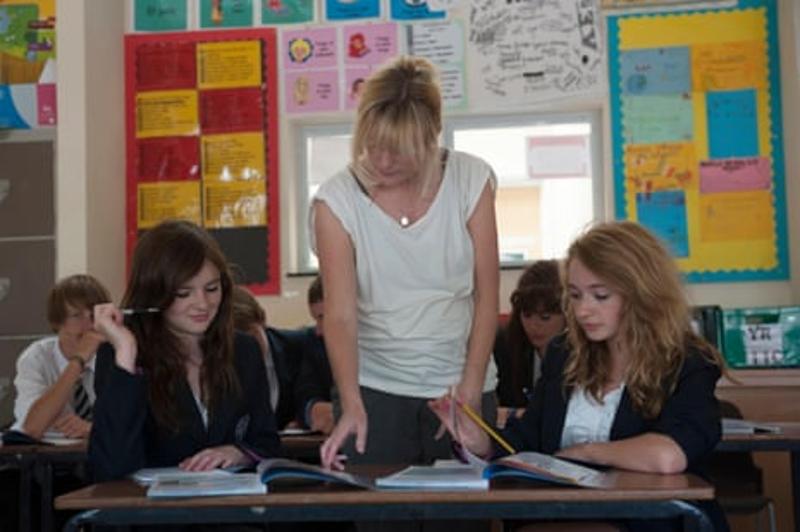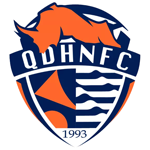Teach First job applicants will get in-person interviews after more apply using AI 


07-13 10:01Views 5027
One of the UK's largest recruiters, Teach First, is accelerating a shift towards more frequent face-to-face assessments in its graduate recruitment process. This move is a direct response to the increasing reliance of university graduates on artificial intelligence (AI) for job applications. Teach First, a charity placing graduates in teaching roles, plans to move away from predominantly written assignments, where AI can provide hidden assistance, to assessments involving practical tasks like delivering "micro lessons" to assessors.
This acceleration comes as data from graduate employment specialist Bright Network reveals a significant rise in AI usage for job applications, increasing from 38% last year to 50% (half) of candidates this year. Patrick Dempsey, Teach First's Executive Director for Programme Talent, confirmed a near-30% increase in applications this year compared to the same period last year, attributing part of this surge to AI enabling graduates to apply for multiple jobs simultaneously more easily. Dempsey noted that while much AI use goes undetected, tell-tale signs like applicants accidentally leaving ChatGPT signatures in their answers lead to rejections.
Bright Network, a leading organisation connecting graduates to employers, corroborated the finding that half of graduates and undergraduates now use AI for applications. Their head of digital platform, Kirsten Barnes, stated employers are reporting a "surge" in application volumes, facilitated by AI tools allowing candidates of all ages to apply for numerous roles more easily. In response to this trend, more than a quarter of companies surveyed plan to set guidelines for AI usage in job applications in time for the next recruitment season.
This rise in AI-assisted applications coincides with increased competition and downward pressure in the graduate and junior jobs market.









































Related Comments(2398)